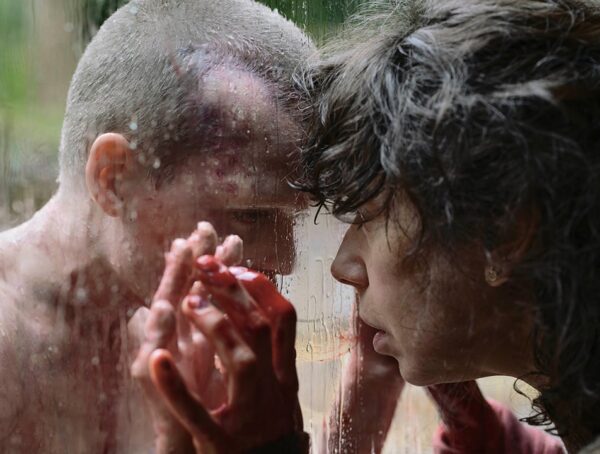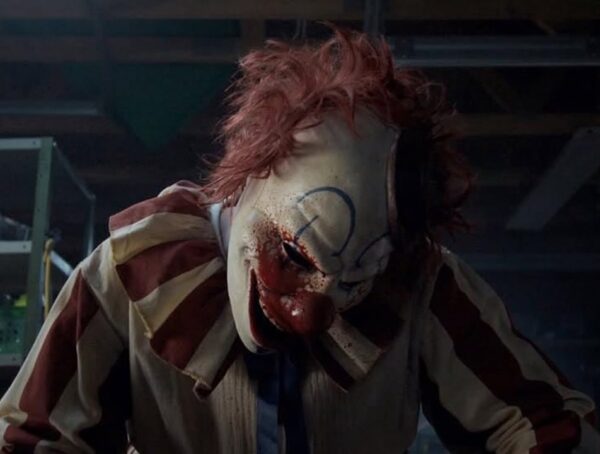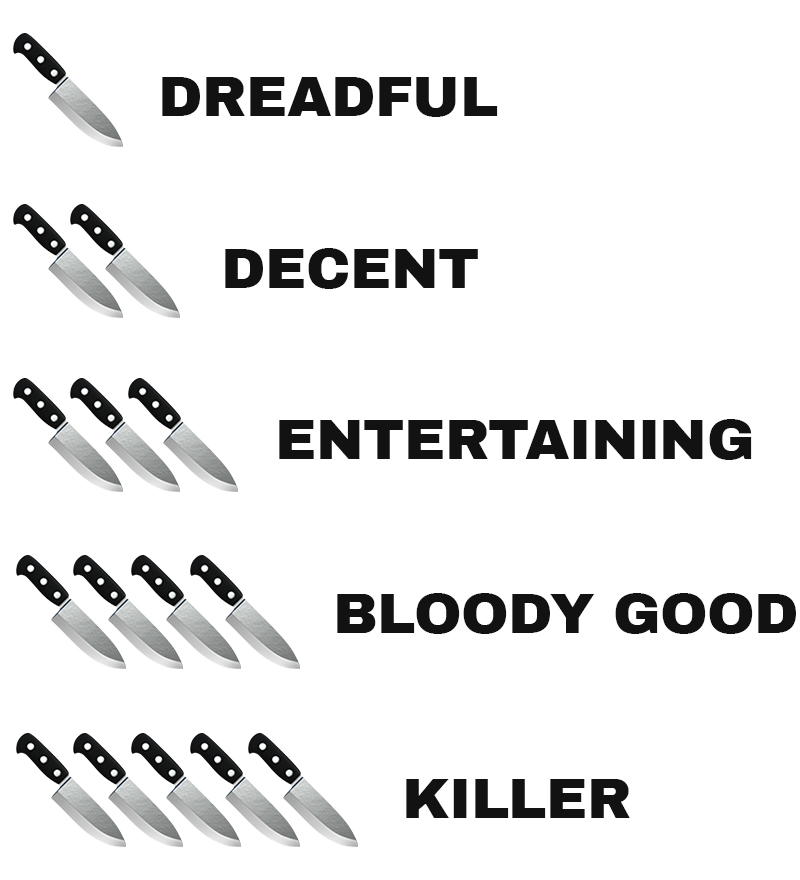Hollywood is a killer.
Hollywood is a killer.
As the thrilling final chapter of Ti West’s trilogy, MaXXXine grabs your attention from the first scene with its electrifying energy, transporting you into a world of retro horror and stylish suspense. Spotlighting 1980s Los Angeles, this giallo-inspired murder mystery flawlessly blends horror, drama, and dark comedy genres, delivering a wildly entertaining ride. While prioritizing style over substance, MaXXXine still manages to shine as a fun, popcorn romp, thanks to the talents of Mia Goth and the entire filmmaking team involved.
Set in 1985, six years after the infamous “Texas Porn Star Massacre”, Maxine Minx strives to transition from the porn industry to mainstream Hollywood stardom. After landing the lead role in the slasher sequel The Puritan II, Maxine becomes the target of a blackmailer threatening to expose her involvement in the 1979 massacre. Meanwhile, the notorious Nightstalker terrorizes the streets of Los Angeles, and Maxine’s friends begin to fall victim to a series of satanic murders.
While lacking the tense horror of X, this concluding chapter skillfully expands the mythology while maintaining the franchise’s charm. Maxine’s quest for fame takes the spotlight, but her dark past threatens to derail her success. Ti West’s direction is exemplary, effortlessly paying homage to ’80s slashers, giallo, and ’70s exploitation films. To fully appreciate MaXXXine, it’s essential to experience it as a sequel to X, as the backstory is crucial to the plot. Taking cues from Scream 3, MaXXXine critiques Hollywood, exploring the overpowering influence of cinema on individuals and the ruthless pursuit of fame among ambitious young actresses. Witnessing Maxine coming to terms with the ghosts of her past and her decision to take matters into her own hands is riveting to watch.
Despite its strengths, the film falls short in some areas. Acting more as a crime thriller than a horror, the stakes feel somewhat low for a finale. The rushed third act suffers from predictability, and the villain’s lack of menace diminishes the strength of the conclusion. Unfortunately, some deaths occur off-screen, reducing the film’s overall impact. A more epic showdown and additional scares would have greatly enhanced the film, as would more creative death sequences.
The film flaunts an impressive cast, spearheaded by Mia Goth’s captivating performance as Maxine Minx. Her dedication, resilience, and unwavering pursuit of fame are enough to keep you engaged. Goth masterfully conveys vulnerability through subtle facial expressions, yet her iconic character Maxine remains a force to be reckoned with. This flawed yet likable heroine evokes empathy, making it impossible not to root for her. Like Hollywood, Maxine serves as a metaphor for the film’s themes – her ambition, vulnerability, and the high cost of fame are expertly explored.
While Mia Goth shines as the standout performer, some supporting characters are sadly underutilized. Tabby (Halsey) and Molly (Lily Collins) are particularly underserved and needed more screen time to fully make an impact. The detective duo of Torres and Williams (Bobby Cannavale and Michelle Monaghan) had potential but they ultimately feel one-dimensional. On the other hand, Kevin Bacon delivers a memorable performance as the slimy sidekick John Labat. As no stranger to the horror genre, Bacon leverages his versatile acting chops to create an unsettling dynamic with Maxine. Moses Somney also leaves a mark as video store clerk Leon, bringing warmth to his interactions with Maxine. While runtime constraints likely limited the development of this friendship, Maxine’s affection for Leon still resonates.
Even with some narrative and character shortcomings, MaXXXine dazzles with its vibrant recreation of 1980s Los Angeles, transporting viewers to the era through outstanding production design and cinematography. The film’s colorful and exaggerated yet authentic portrayal of the decade is meticulously crafted, down to the dinginess of the streets. Tyler Bates’ synthesized score perfectly blends with fun tracks from artists like Frankie Goes To Hollywood, ZZ Top, Kim Carnes, and more. The film opens and closes with a nod to the legendary Bette Davis, adding a nice touch of Hollywood glam. Other homages are tastefully sprinkled throughout like a cool scene featuring the Bates Motel where the elderly Pearl appears as a haunting vision for Maxine. While the kill count may be sparse, the few scenes that do exist are bloody and well-executed using practical effects.
Building upon the narrative in X, MaXXXine firmly establishes itself as a strong installment in the franchise that can easily be ranked behind the original. While it may not match the terror of X or have the emotional depth of Pearl, it brings its own flavor, delivering a visually stunning and engaging film. With its commentary on Hollywood’s cutthroat culture, MaXXXine proves a fiercely entertaining theatrical experience, bringing the trilogy full circle in a satisfying conclusion.







